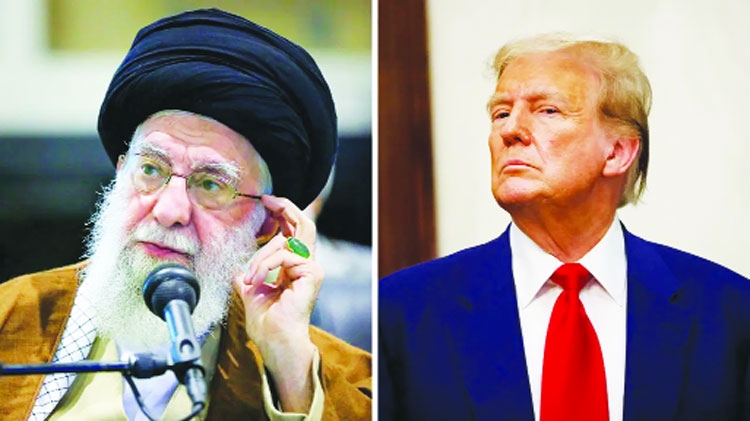Protect your votes, plots still on: Tarique to voters
BNP's Chairman Tarique Rahman addresses an election rally at the Atim Field in Naogaon on Thursday. -AgencyBNP Chairman Tarique Rahman on Thursday warned that a "vote-rigging conspiracy" by a ...
West Bengal Chief Minister Mamata Banerjee landed in controversy on Wednesday after her remarks on the death of Maharashtra ...

Nuclear talks between US and Iran show no progress

Nipah virus outbreak in India triggers airport screenings

US administrators' official versions fail to quell protests against immigration raids

Donald Trump's approach to Greenland issue is an erratic episode: Reports

What Mbeki and Zuma say about truth and reconciliation
Australia took one step closer to defending their ICC Under-19 Men's Cricket World Cup title as they sealed a ...

Katrina and Vicky reveal their son’s name

Aamir Khan addresses feud with brother Faissal Khan

‘One Battle After Another’ dominates SAG’s Actor Awards

Sydney Sweeney hit film ‘The Housemaid’ set for sequel






14 September 2024 marked the 11th founding anniversary of The Asian Age, a daily English newspaper. I founded ...
Nepal imports technology from China—which is where data end up....
Southeast Asian states need their coast guards to cooperate if they are to ...
NATO Secretary General Mark Rutte has told Europe it should “keep on dreaming” if it thinks it can defend ...
Nazifa Bashir Crime is an act of violation against signified rules, regulations, and laws designed ...
Remittance has long been a reliable pillar of the Bangladesh economy. ...
Founded by seasoned veterans withalmost two decades of industry experience, Boss Man Film formerly ...
Growing up in a Bengali household, weekends were always a special time. One of the most cherished rituals was ...